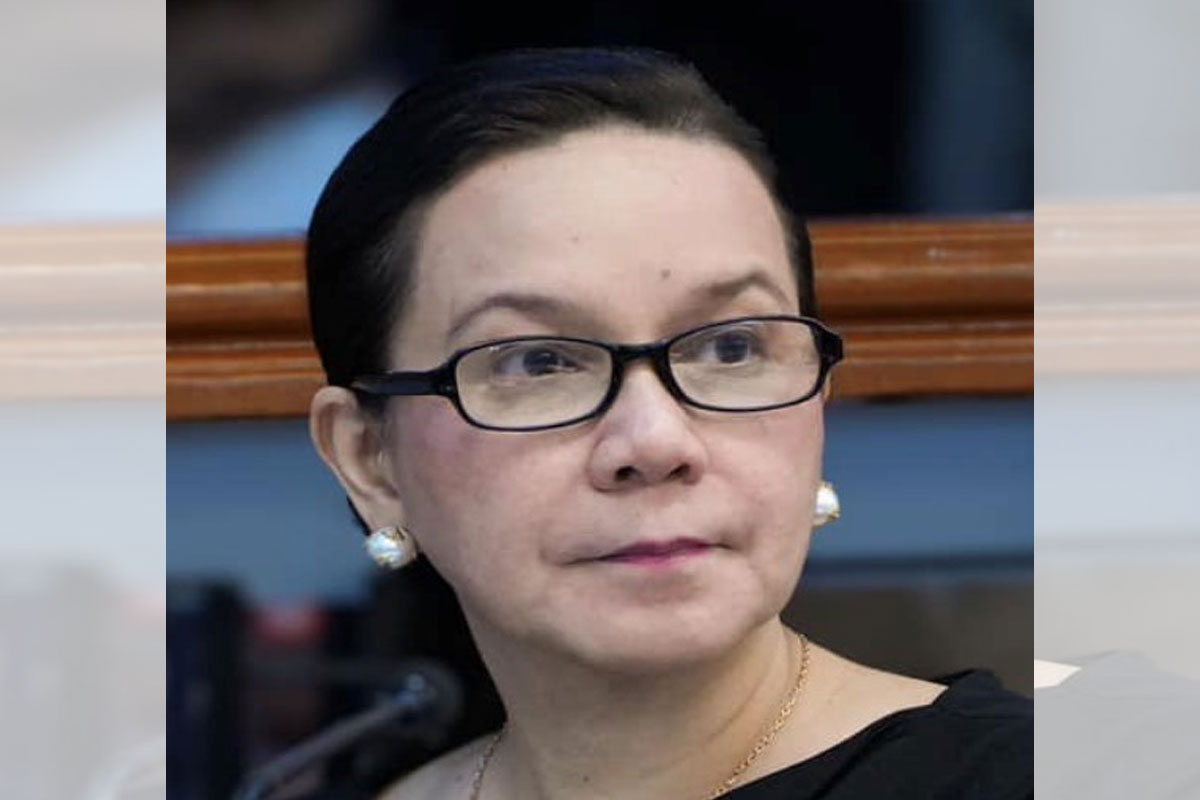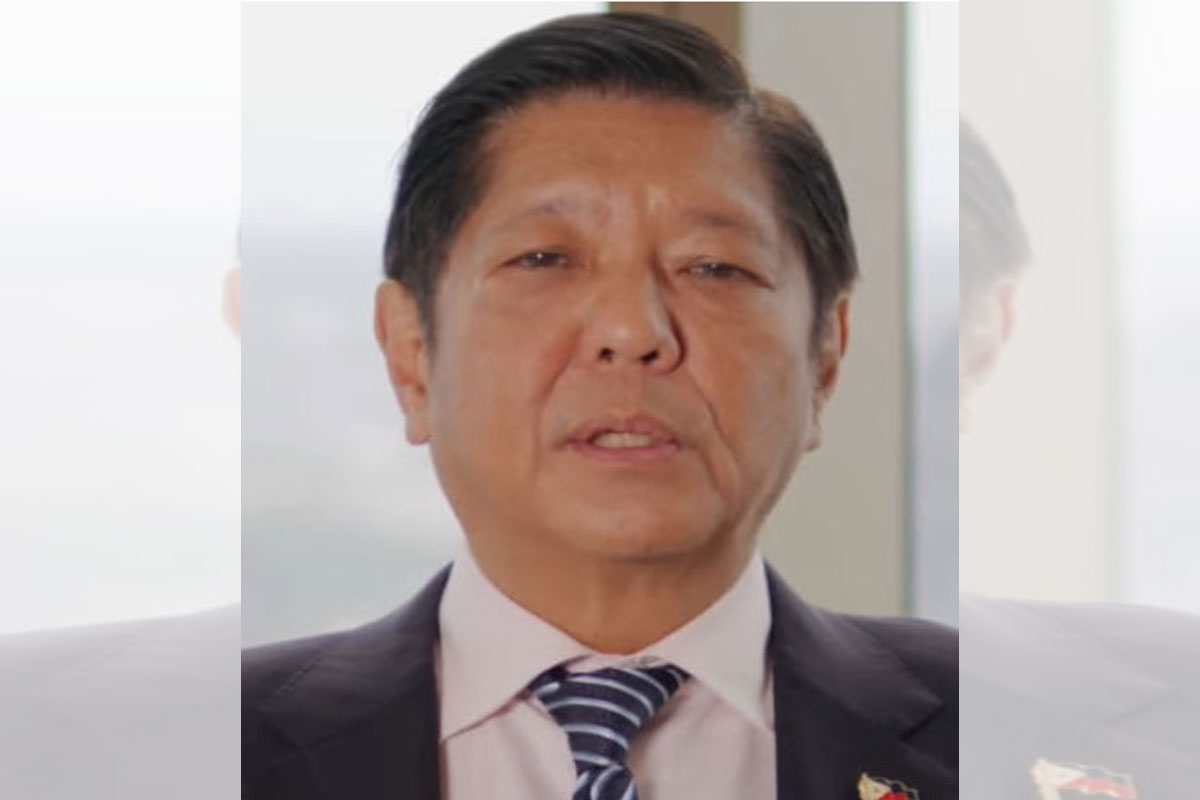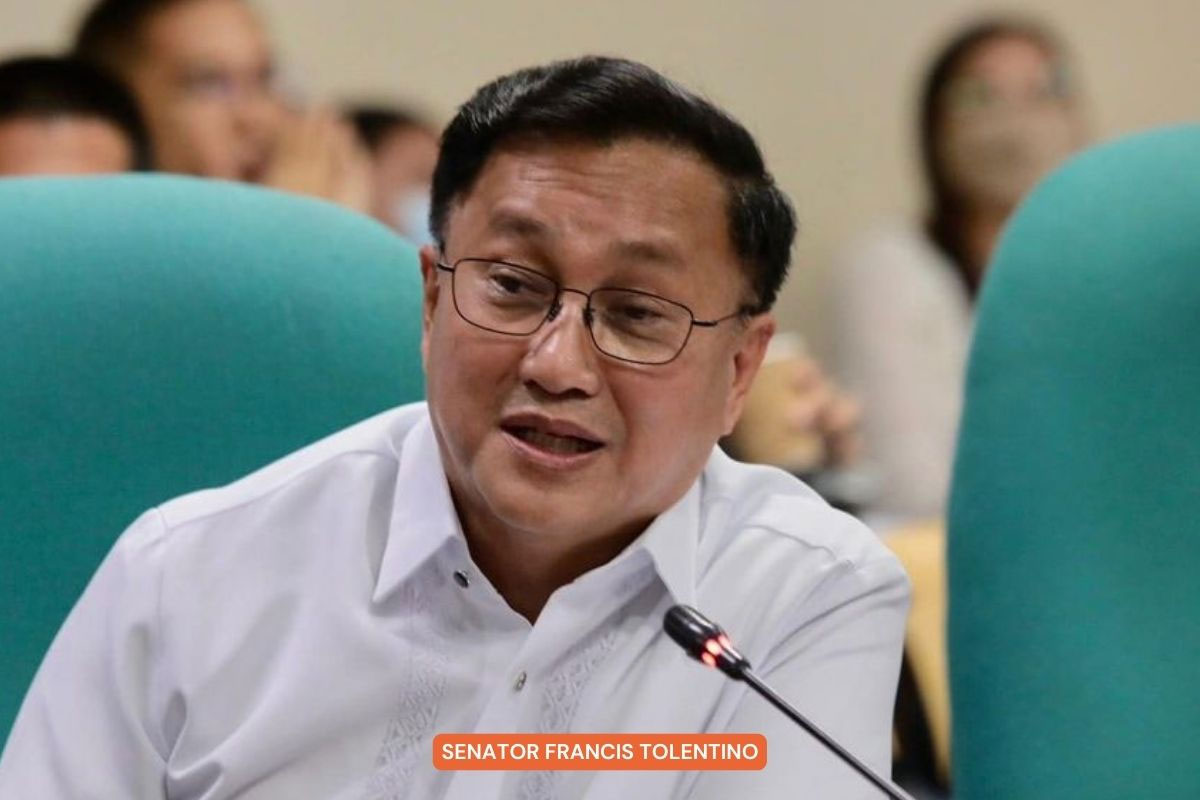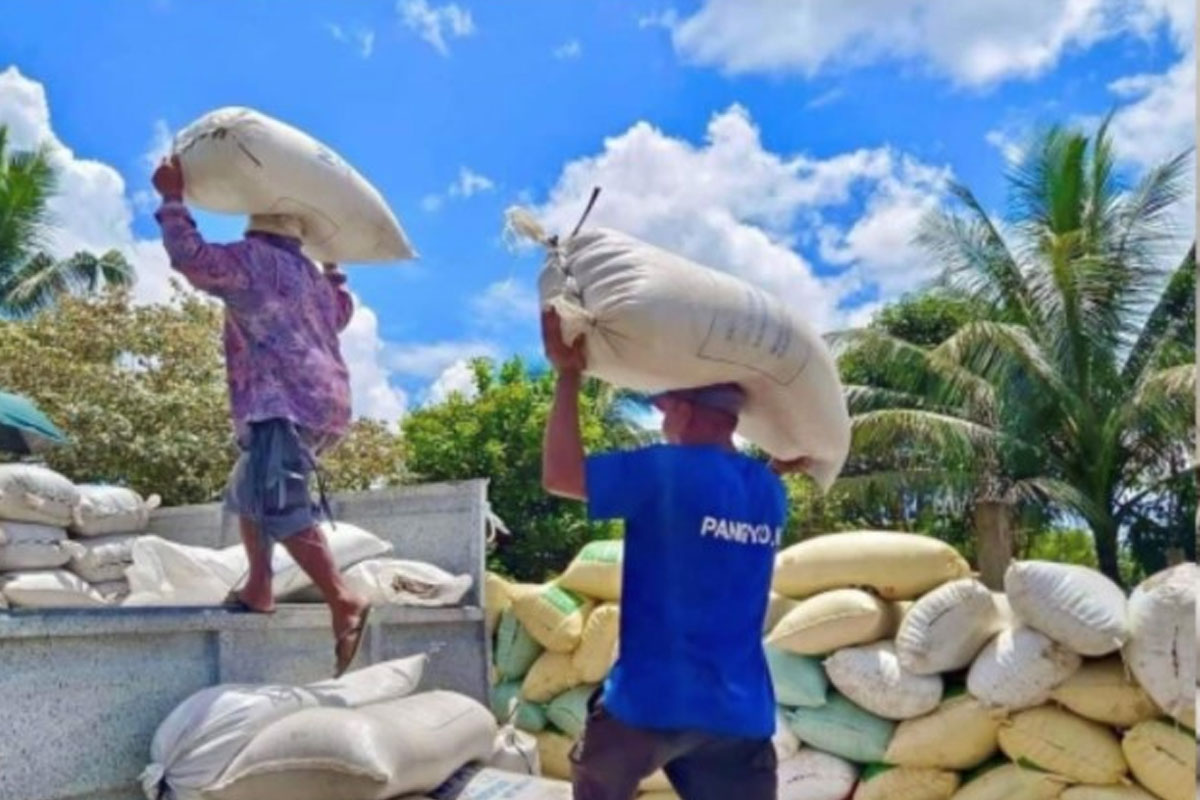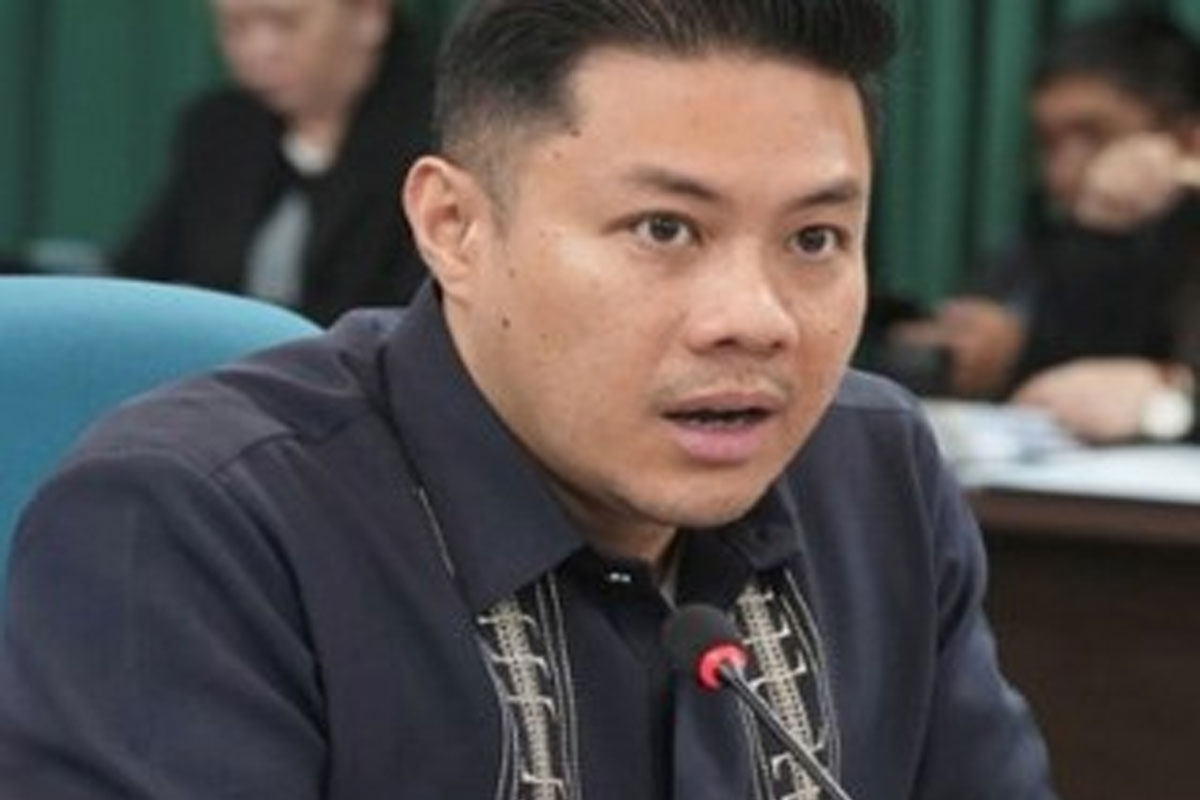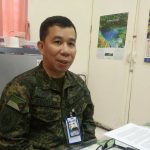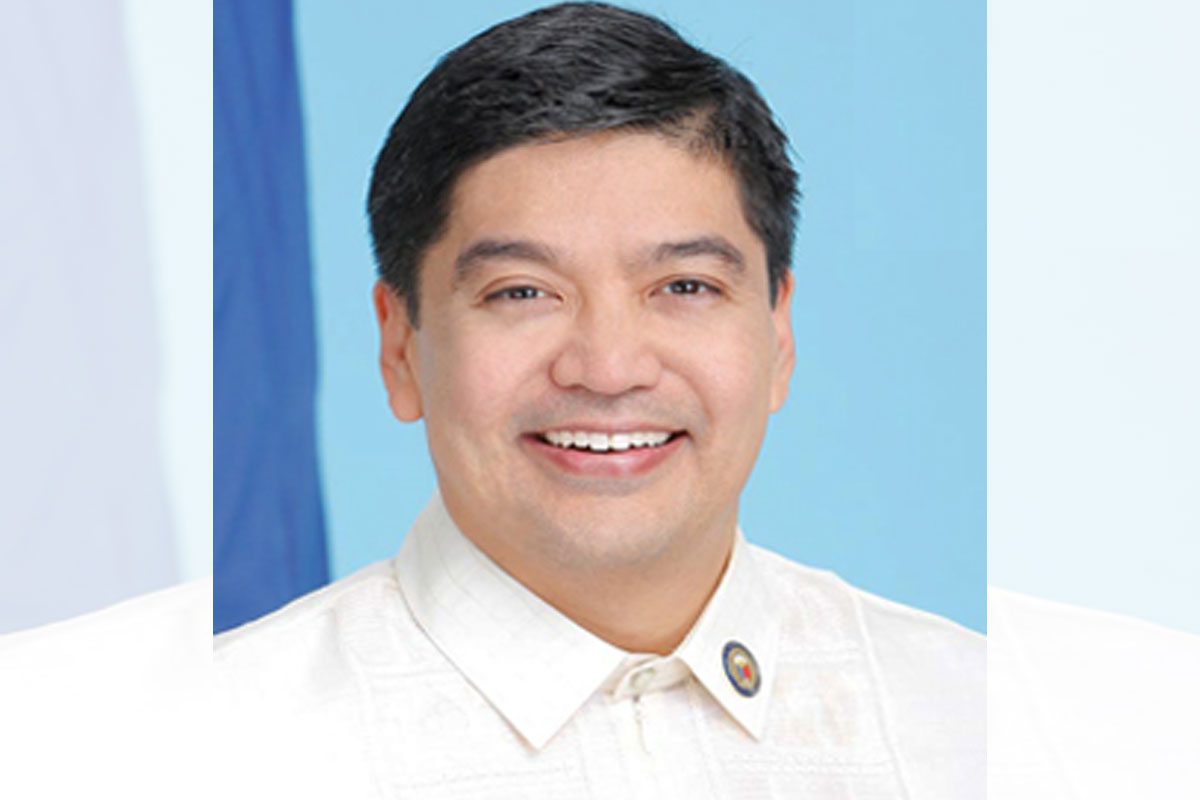
LRay: Register your SIM cards before April 26
Solon urges gov’t, telcos to boost sign-up drive
WITH just three weeks to go on the sign-up of Subscriber Identity Module (SIM) numbers, Camarines Sur Representative LRay Villafuerte has called on the concerned government agencies and public telecommunications entities (PTEs) to go full-blast on their registration drives after Holy Week in a last-ditch joint effort to make people register an estimated 100 million-plus SIM cards before the deadline.
“The DICT (Department of Information and Communications Technology) and NTC (National Telecommunications Commission) need to work in tandem with the PTEs in going full-blast on their nationwide registration drives after Holy Week in a last-ditch joint effort to prod the owners of more than 100 million SIM cards that have yet to be recorded in the system to do so before the April 26 deadline,” said Villafuerte, one of the lead authors of Republic Act (RA) 11934 or the SIM Registration Law.
“Otherwise, the government will have to extend the four-month deadline if it wants to record in the system as many numbers possible from the total SIM cards in the country whose owners have yet to register their SIMs,” added Villafuerte, who is president of the National Unity Party (NUP).
The NUP president said the NTC and PTEs must, for one, set up this April their facilitated registration booths or assistance desks in a lot more places, especially in remote areas.
Villafuerte, a former CamSur governor, said the NTC and PTEs have to get the support of local government units (LGUs), most especially those in faraway communities with a weak Internet connection, to put up these registration booths in their respective localities.
The NTC website reported that as of last weekend, or barely three weeks before the deadline, an aggregate of 57.19 million SIM cards have been registered with the three PTEs, which is just 34 % of an estimated 168.977 million SIMs nationwide.
A total of 28.97 million SIM card owners have signed up with Smart Communications Inc.; another 23.83 million with Globe Telecom Inc.; and 4.38 million more with DITO Telecommunity Corp.
Government officials believe, though, that owners of SIM cards that were used in cybercrimes have no intention of registering these SIMs.
Villafuerte said the government and the PTEs have to go full-blast on their registration drives, more so with the results of the latest opinion poll showing that although a majority of Filipinos approve of SIM registration, more than half of them have known only recently that the sign-up was mandatory.
According to the latest survey by the Social Weather Stations (SWS), 60% approve of the mandatory registration, and a higher 66% believe the registration of SIM cards will help deter cybercrimes via cellular phones (celfones), such as text scams and identity theft leading to illicit online payments or unauthorized bank withdrawals.
However, the same SWS survey results revealed that only 45% of the respondents claimed they have long heard about SIM registration, and a higher 55% said they have just learned or heard about this mandatory sign-up.
“It’s possible that many SIM card owners have not signed up yet because even if they know that the sign-up is a deterrent to crime, they are probably clueless that the registration is mandatory or that they would no longer be able to use their unregistered SIM cards because the government would deactivate them by April 27,” Villafuerte said.
This means the owners of deactivated SIMs would no longer be able to make and receive cellphone calls or access their SIMs’ data services and online connectivity, preventing them from accessing websites or using applications that require an Internet connection, Villafuerte said.
He added that owners of deactivated SIMs could no longer access their one-time password (OTP), which is a security feature in banking and media applications and other online platforms.
Villafuerte noted that RA 11934 made it mandatory for subscribers to register their SIMs from Dec. 26 up to April 26, after which all unregistered SIMs would be deactivated on April 27.
However, he said, the law also authorized the DICT to extend the four-month registration period by another 120 days or four months, if necessary.
That the required sign-up would indeed be an effective deterrent to cellphone-based cybercrimes is borne out, said Villafuerte, by a report by NTC Commissioner Ella Blanca Lopez that from a monthly average of 51,874 cyberfraud complaints or about 1,500 per day before the enactment of RA 11394, the complaints went down to 8,700 per month since the start of the registration.
Last Oct. 10, President Marcos signed the “SIM Registration Act,” requiring all SIM card owners to register their respective cellphone numbers on or before April 26 or risk the automatic deactivation of their SIM cards on April 27.
Villafuerte had authored with CamSur Reps. Miguel Luis Villafuerte and Tsuyoshi Anthony Horibata and the Bicol Saro Party-list House Bill (HB) No.2213, one of the bills that were consolidated into the House-approved version of the final congressional measure that President Marcos eventually signed as RA 11934.
He explained that “It will be easier for the authorities or PTEs to trace persons behind text scams and hold them accountable for [a] breach of privacy along with cellphone-based fraud and other punishable offenses they have been able to perpetrate by using unknown or unregistered mobile phone numbers.”
“And one way to accelerate the registration process this last registration month is for local executives to help the PTEs, DITC, NTC, and other concerned sectors establish more off-site centers where people can sign up, especially in places with limited Internet or telecommunication access,” Villafuerte said.
For Villafuerte, “It’s time for our local executives to play a more active part in ensuring the success of the SIM registration process in the same way that local governments have had a lead role in the COVID-19 vaccination rollout in their respective localities.”




